International connections help Wisconsin’s industry clusters grow
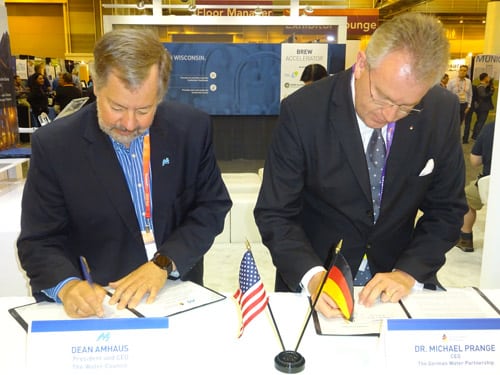
At WEFTEC 2016, The Water Council and the German Water Partnership signed a memorandum of understanding paving the way for future collaboration.
Wisconsin’s industry clusters—advanced manufacturing; aerospace and aviation; bioscience; energy, power and control; food and beverage processing; and water technology, among others—are becoming better known throughout the world, and these clusters only get stronger when they connect Wisconsin companies with their counterparts overseas.
Strengthening these connections has become a major emphasis in the Wisconsin Economic Development Corporation’s (WEDC’s) strategy for increasing Wisconsin’s exports and increasing foreign direct investment (FDI) into Wisconsin.
WEDC leads half a dozen global trade ventures to various international destinations each year, in addition to multiple other trips abroad by staff for trade shows or meetings. “On each of these trips, one of our goals is to connect our industry consortia with their counterparts in foreign countries,” says Katy Sinnott, WEDC vice president of international business development.
Once those connections are made, there are multiple benefits to Wisconsin. For example, Wisconsin companies gain export opportunities, as the industry consortia connection helps identify unmet needs in the market that Wisconsin companies can help to fill. Conversely, overseas companies are more likely to set up operations in Wisconsin because of these connections, since the Wisconsin-based industry consortia can help provide a “soft landing” in the form of help in identifying and obtaining an appropriate site, as well as connections to potential local suppliers and distributors.
Identifying opportunities
WEDC works with Wisconsin’s consortia to identify specific opportunities for Wisconsin companies. For example, the Mid-west Energy Research Consortium (M-WERC) and The Water Council are exploring connections in India in hopes that Wisconsin companies can play a part in India’s Smart Cities initiative, a $1.2 trillion plan to develop and redevelop 100 cities, with technology integrated into areas including energy, transportation, public safety and infrastructure.
By working to get Wisconsin industry cluster representatives on panel discussions or even to serve on committees, consortia can help raise Wisconsin’s profile in these key markets, so that when companies in the cluster are looking to make an international connection, they will think of Wisconsin right away, says Sinnott.
Particularly strong opportunities for Wisconsin companies exist in markets such as China and India, where population growth combined with economic growth means they are improving older infrastructure and adding new at a rapid pace to improve living conditions for their population. This type of development is of special interest to M-WERC and The Water Council because in many cases these countries do not yet have the leading technology for a full solution to the problems they face in modernizing their infrastructure. “There are huge opportunities for implementation of truly innovative solutions that will have a long-term positive impact on populations around the world from technologies made right here in Wisconsin,” says Sinnott.
Although connections are being made across a wide variety of industries—for example, FaB Wisconsin is making connections in India to see how Wisconsin food and beverage companies can help with the “cold chain” for distribution of products that must stay refrigerated—the water technology sector has developed the most robust connections thus far with its industry cluster counterparts abroad.
Robust connections
Connections made on a global trade venture to Germany in 2015 led to the signing of a memorandum of understanding between The Water Council and the German Water Partnership a year later. The Water Council also has agreements with two water-related consortia in France—Pole Eau in Montpellier and Syndicat des Eaux d’Ile de France in Paris—as well as the Water Alliance in the Netherlands.
The Water Council has been pursuing connections with international counterparts for several years already, and the payoff for Wisconsin companies is evident. The Water Council’s BREW (Business. Research. Entrepreneurship. In Wisconsin.) accelerator for water technology companies has been a key factor in forging these international ties. The BREW attracts companies from all over the world, and at the end of their year-long experience in Milwaukee, many of these companies choose to stay at the Global Water Center for good.
This was the case with Smart Waters, which designs strategic water reserve systems for the construction industry. Originally based in Vancouver, Canada, the company will open a Milwaukee office after graduating from the BREW. Now, Smart Waters is working on facilitating a partnership with a British Columbia-based innovation center with a goal of expanding the BREW and leveraging innovations for The Water Council’s new ICE (Innovation. Commercialization. Exchange.) Institute, which will help bring innovative technologies to market by connecting manufacturers, utilities and agricultural entities with the researchers and entrepreneurs developing those technologies.
To strengthen another nascent connection, representatives of The Water Council visited Israel in November, building on a prior agreement between the Israeli Innovation Authority and the State of Wisconsin. Hosted by Startup Nation Central, the visiting group explored opportunities for collaboration between Israeli water technology startups, Israeli universities and Wisconsin’s water technology cluster.
The Water Council offered to provide a “soft landing” for Israeli water technology companies wishing to enter the U.S. market, helping them make connections and get the lay of the land, and even provide office space in the Global Water Center if desired.
“International connections like these can multiply the impact of new water technologies, allowing them to reach more people and change lives faster,” says Dean Amhaus, president and CEO of The Water Council. “That’s why strengthening these ties, not just one company at a time but on the scale of entire industry clusters, is a key part of our strategy.”




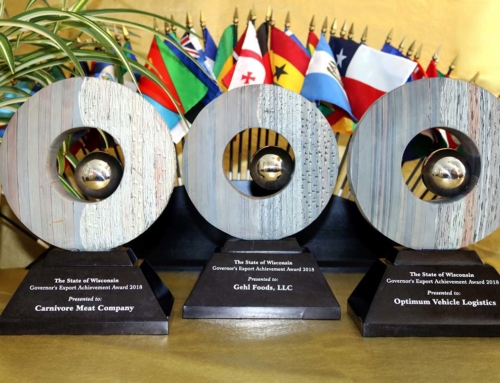
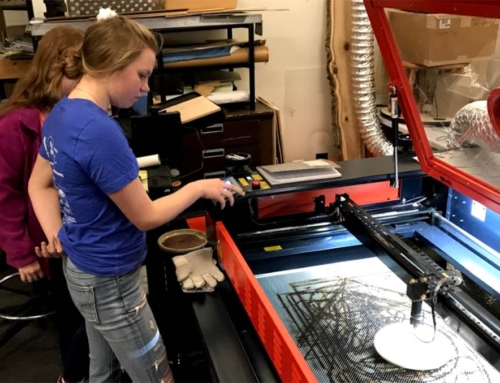

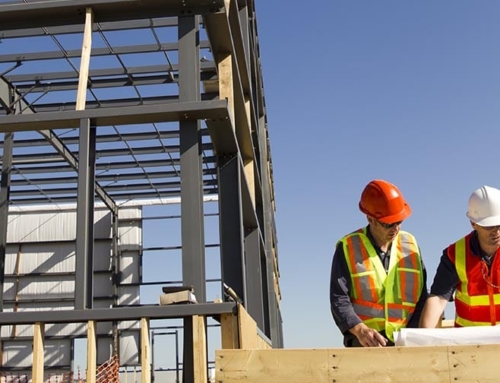
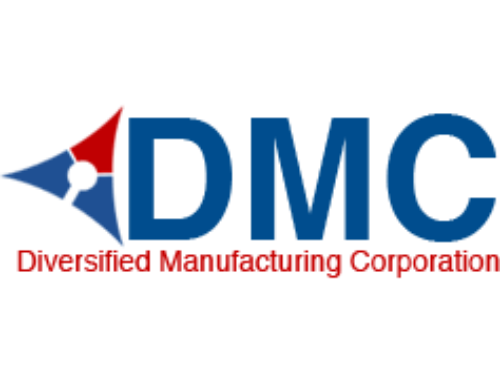
FOLLOW US